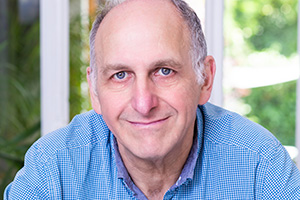Finding your comedy voice
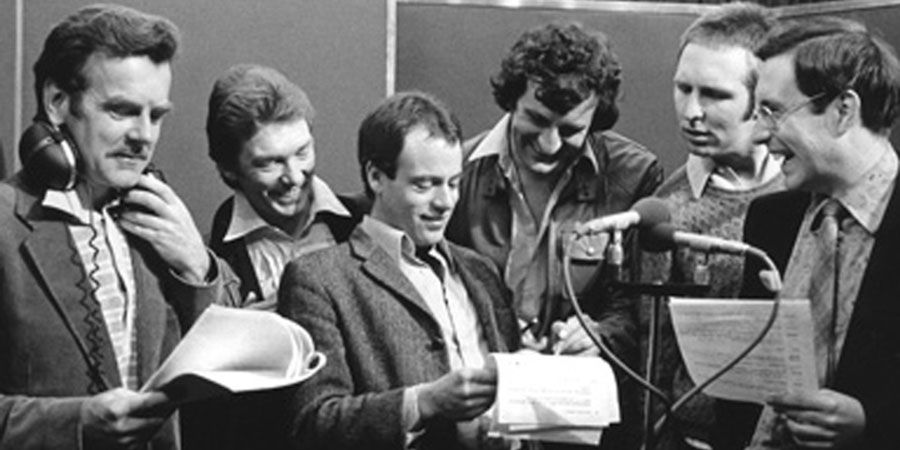
Dave Cohen talks about finding your comedy voice...
"How do I become a successful writer?"
It's probably the first question you ask, and the response is always the second-least satisfactory answer you'll ever hear:
"You need to find your voice."
To which you reply, because it's the obvious follow-up,
"How do I find my voice?"
- and you're then told the least satisfactory answer you'll ever hear:
"We won't know until we hear it."
It's like that conversation I've heard so often: "When do you know if it's love?", "You just know!" Thanks, that's really helpful.
This is the Catch 22 of being a writer, and it's what keeps the vast majority away from making a living. Not only that, it separates the journeymen and women who do make a living (a rapidly diminishing number, I'm afraid) from the small number of star scribes whose names are known beyond our little world.
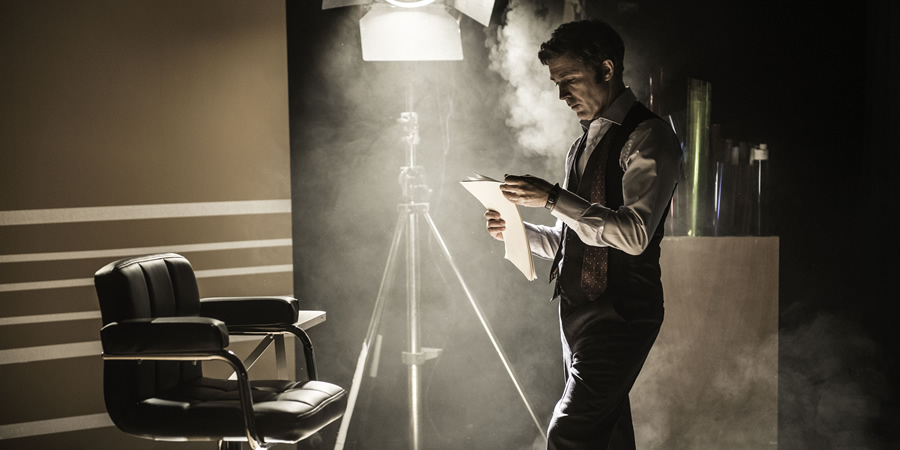
The most encouraging I can be about this would be to say you'll know when you've found your voice: if I read your script and I want to carry on reading, because I genuinely have no idea what's going to happen next, and I really want to find out, then the chances are I'm reading a voice that's new to me. I will have laughed a few times as well. Which you might not want to hear if you want to be the next Doris Lessing.
There must be something I can say to make this fabled search easier. Okay, every character is distinctive, I immediately know who is talking, I can probably create pictures in my mind around what you've written, there's a point of view, although not something rammed down my throat. I don't necessarily like these people but from the beginning I'm curious to know more about them, you've hooked me with a story and I want to know how it's going to end.
That's probably quite a helpful list to answer the first question, but I'm aware it doesn't go very far for the second. What is your voice?
Your voice is the complete sum of you - everything you are, every relationship you've had with friends, family and work colleagues, everything you've done, read, watched and crucially, everything you think. Think back to all the experiences in your life - how you felt at key times, how you reacted to certain people at school, or in your family, how you learned to fit in your environment - or, more likely, since you want to be a writer, how you didn't fit in.
Which piece of music or movie or sitcom do you keep coming back to? Beyond its comforting familiarity, what draws you in to the story, or the emotions? When you're starting out, chances are your voice may be similar to one that's already out there. For the first piece of writing you do that's not necessarily a bad thing. Look on it as a way of showing you how to write, and getting the stealing of other people's ideas out of the way.
The first proper piece of creative writing I attempted was a radio sitcom. I wrote all six episodes, which as Simon Nelson of BBC Writersroom pointed out on our recent podcast is the very, very, very last thing you should do. Not only that, but the piece was a crude rip off of three elements that were hugely influential on me at the time, clunked together unfunnily but which I was convinced would be snapped up by Radio 4 and broadcast within a few weeks.
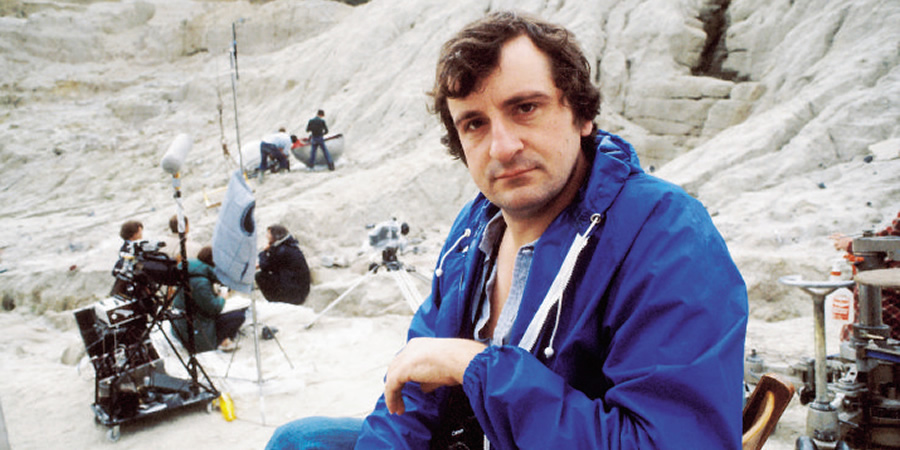
I was working as a journalist in a small town in South Wales, determined to make my way in London but not sure how. I was already a big fan of comedy, and was obsessed at the time with The Hitchhiker's Guide To The Galaxy. Coincidentally I was also a massive fan of the novelist Kurt Vonnegut, discovering only recently that John Lloyd and Douglas Adams were also fans when Hitchhiker's was being created.
I sent my radio script to the producer whose name I had heard at the end of each episode, Geoffrey Perkins, and he agreed to meet me. I went to London and visited him in his office, where he admitted to me he had lost it. I only had one spare copy, which I sent to him, and he also managed to lose. Thank God he did, thank God there was no backing up system for documents back then, I would have been told 'thanks very much Dave, Hitchhiker's Guide has already been written.'
The third component of that script, the only thing that gave it a spark of originality, was that the protagonist was Jewish. That brought me, and my obsession with Jews and comedy, into the mix. I'd read all the books about and routines of Lenny Bruce, but one man represented everything I ever wanted to do in comedy, and only now I realise still does - Mel Brooks.
The original movie of The Producers was such an enormous influence, it didn't just touch me as a work of comic genius - although I can only think of two or three other times in my life when I have clutched my sides in pain from having laughed so much - it shaped my view of the world. It clarified my relationship with comedy and being Jewish. As did the follow-up movies Twelve Chairs, Blazing Saddles and Young Frankenstein through my remaining teenage years.
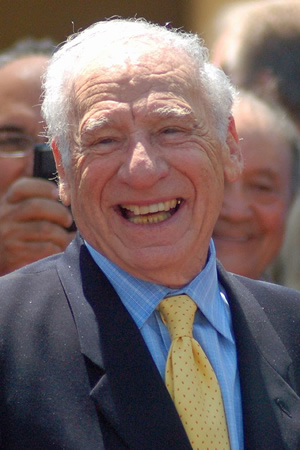
Here's how Brooks describes his own voice:
"All my films are serious, you examine any one of them they're serious because they are passionate, and they depict human behaviour at given points in the history of humanity. You can't make a successful comedy that doesn't have any passion. It will not be successful.
"You've gotta say something about the system, about the social structure, about prejudice, about people, about social behaviour.
"Comedy is not successful unless it deals with - even Laurel and Hardy, you'd say, 'well they're cheap comedies' - the system. Laurel and Hardy, the Marx Brothers, they always dealt with the system."
He said that more than 20 years ago and it still informs everything I try and do in my own comedy. Writing this blog has made me realise that my voice, whether I like it or not, is destined to continue as a less successful articulation of Mel's.
I've no idea how strongly those words speak to you. You might disagree with everything, which is fine. But there's probably someone out there, a giant of comedy who expresses beautifully everything you want to say about the world. There's no shame in following the same route to humour as them, but make sure you bring your own views, neuroses and prejudices to the script.
Now that I think about it, there was a fourth element to my sprawling Hitchhiker homage that helped drive me out of journalism and into a comedy career.
Whatever you think of Mel Brooks, it would be hard to disagree with what he says about passion. That's become an over-used word in recent years. I interview people for courses who insist they are 'passionate about comedy', which is as meaningless as adverts where oil companies tell you they're passionate about selling petrol.
Passions change over time but what I remember more than anything from when I was writing that sitcom was the emotion. The year was 1981, I was aware that a new comedy world was opening up in London, I knew some of the people involved, but at the crucial moment I had chosen to leave them and follow my journalism career. Every planning meeting of Mid Glamorgan County Council I sat through, every petty shoplifting case I heard at Pontypridd Magistrates Court, every brass band concert and darts match and local amateur football derby I watched reminded me I was a million miles from where I wanted to be.
I had no idea how to get there but I was driven by the urge to escape. So much so that I could come home every day from a hard day's typing, sit at my own typewriter and bang out hundreds of words of sub-Douglas Adams garbage.
And we're back at the start, where trying to explain voice is almost indefinable. I would still struggle to tell you what my voice is today, and am aware it's probably subtly different to what it was yesterday, or ten years ago. It changes all the time.
All I can say for certain is that in my early 20s, my comedy voice was not enough to get me work as a writer, but there was one element of it, yelling "Dave! You've got to get out of here! Writing this script is your only escape!" that set me on the path.
Getting the hell out of the life I was living was my 'passion'. What's yours?
This article is provided for free as part of BCG Pro.
Subscribe now for exclusive features, insight, learning materials, opportunities and other services for comedy creators.

